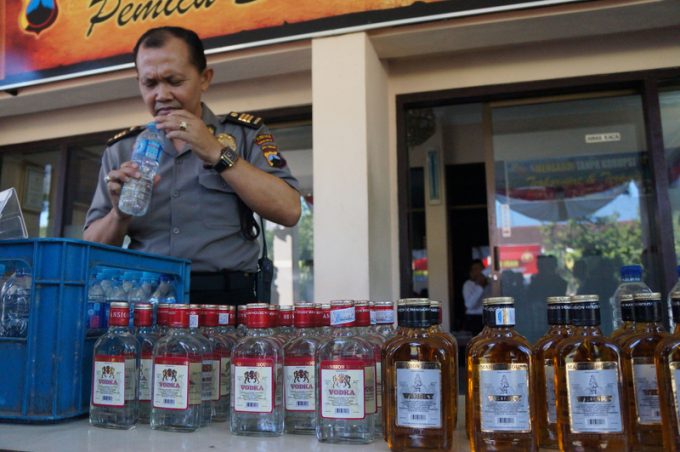ICTSI chief slams Maersk legal bid to overturn Durban terminal concession win
Amid a fresh wave of congestion at South Africa’s ports, ICTSI chairman Enrique Razon has ...

Interpol has revealed how, in recent months, police operations across 57 countries have led to thousands of tonnes of counterfeit food and drink being confiscated from increasingly sophisticated thieves operating in the global food supply chain.
Interpol’s Operation Opson V resulted in the seizure of more than 10,000 tonnes of fake food and 1m litres of fake drink in a series of coordinated raids across the world at shops, markets, airports, ports and industrial estates.
Chris Vansteenkiste, cluster manager of the Intellectual ...
Freightmate 'a product of theft, not ingenuity' says Flexport
Ceva Logistics UK named and shamed as a 'serial late-payer'
CMA CGM could build medium-size vessels in US, says Saade
China hits out at Hutchison plan to sell Panama port holdings to MSC
Box ship in collision with tanker off UK coast
Mercedes-Benz places record order for SAF with DB Schenker
GXO Wincanton deal could see supermarkets funded to invest in new 3PL
M&A speculation swirls as EV Cargo unveils 'robust financial position'
Tariffs will puncture North American trucking industry recovery
White House can't see that trade war will hit US agriculture hardest
Global container trade still strong, but front-loading not the cause
Lack of respect will dash carrier hopes of forwarding success


Comment on this article